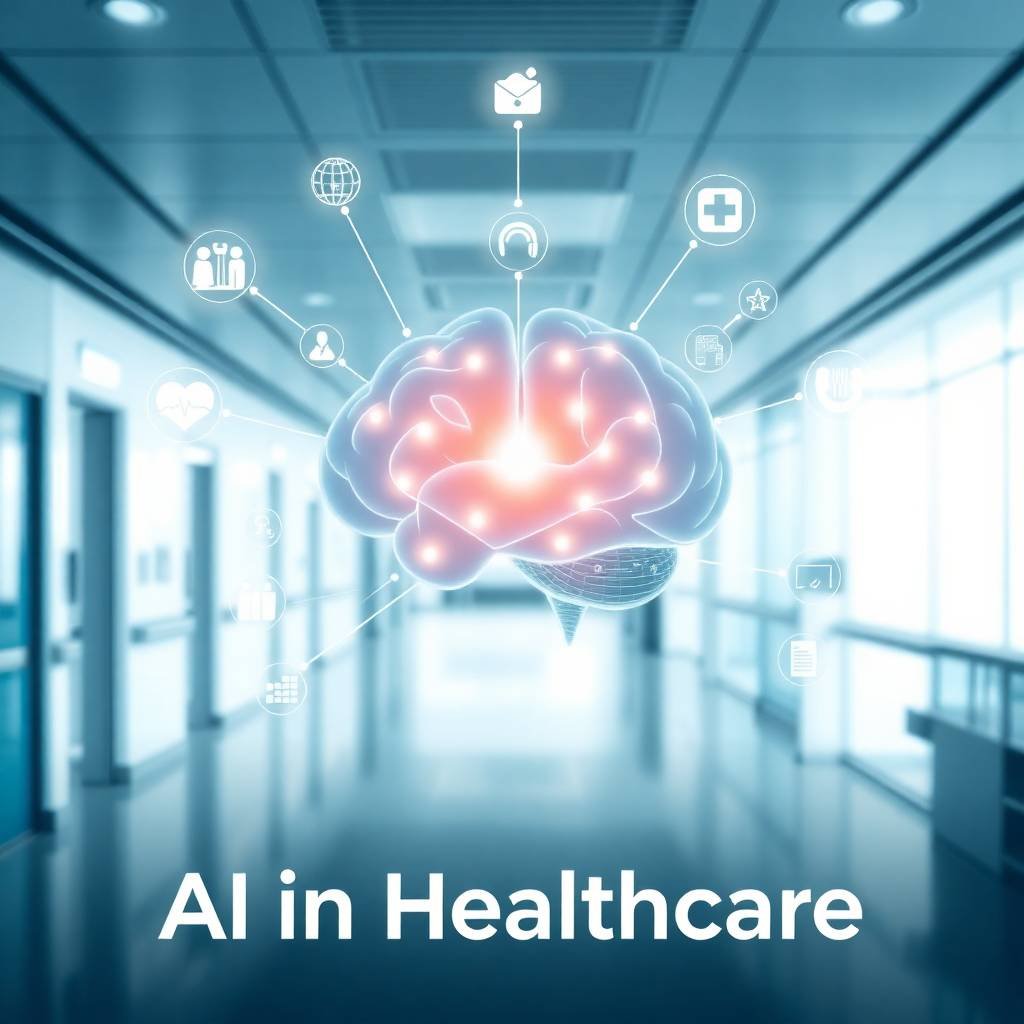The integration of Artificial Intelligence (AI) in healthcare is swiftly changing the landscape of patient care.
The Role of AI in Healthcare
Enhancing Diagnostic Accuracy
AI technologies, such as machine learning and neural networks, have significantly improved the accuracy of diagnostics. For instance, AI algorithms can analyze medical images like X-rays and MRIs with remarkable precision, often matching or even surpassing human experts. This advancement reduces diagnostic errors and leads to better patient outcomes.
Streamlining Administrative Tasks
AI systems are revolutionizing the way administrative tasks are managed in healthcare settings. By automating processes such as scheduling appointments, billing, and maintaining electronic health records, AI frees up healthcare professionals to focus more on patient care. This efficiency not only saves time but also reduces operational costs.
Benefits of AI-Driven Healthcare
Personalized Treatment Plans
AI enables healthcare providers to analyze vast amounts of patient data, allowing for the development of personalized treatment plans. By understanding individual patient profiles, AI can suggest specific medications, therapies, and lifestyle changes that are most likely to be effective for each person. This personalized approach not only improves treatment outcomes but also enhances patient satisfaction.
Predictive Analytics for Proactive Care
Predictive analytics powered by AI can identify patterns and predict potential health issues before they manifest. For example, AI can analyze data from wearable devices and electronic health records to forecast the likelihood of chronic diseases such as diabetes or heart disease. This proactive approach allows healthcare providers to implement preventative measures, ultimately leading to better long-term health and reduced healthcare costs.
The Future of AI in Healthcare
Continuous Advancements and Innovations
AI technology is evolving rapidly, and its applications in healthcare are expanding just as quickly. From robotic surgery to AI-powered drug discovery, the possibilities are endless. These advancements promise more precise, efficient, and effective healthcare solutions, paving the way for groundbreaking treatments and interventions.
AI’s Role in Global Health
AI has the potential to transform global health by providing access to quality healthcare in underserved regions. Through telemedicine powered by AI, patients in remote areas can receive consultations and diagnoses without the need to travel long distances. Additionally, AI can help in managing and analyzing data during health crises, such as pandemics, to improve response strategies and outcomes.
Challenges and Considerations
Data Privacy and Security
The implementation of AI in healthcare raises significant concerns about data privacy and security. With the vast amounts of sensitive information processed by AI systems, there is an increased risk of data breaches and unauthorized access. Healthcare organizations must prioritize robust cybersecurity measures to protect patient data and ensure compliance with regulations like HIPAA.
Ethical Implications
AI in healthcare also brings about ethical questions, particularly concerning decision-making processes and potential biases. There is a risk that AI algorithms, if not properly designed and monitored, could perpetuate existing biases in healthcare, leading to unfair treatment of certain patient groups. It is crucial for developers and healthcare professionals to work together to create transparent and equitable AI systems.
Conclusion
AI is undeniably revolutionizing patient care, offering enhanced diagnostic capabilities, personalized treatments, and proactive healthcare solutions. As AI technology continues to advance, it promises to bring even more innovative tools and approaches to the healthcare industry. However, to fully harness its potential, it is crucial to address challenges related to data privacy, security, and ethical considerations. By doing so, we can ensure that AI not only improves healthcare outcomes but also makes healthcare more accessible and equitable for all. The future of healthcare is bright with AI at the forefront, poised to transform how we approach patient care on a global scale.

